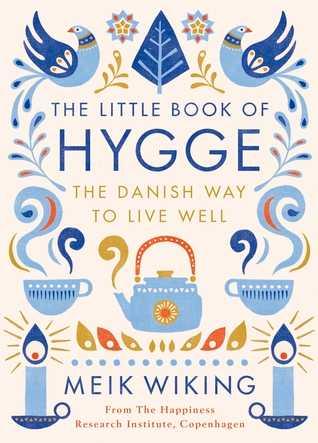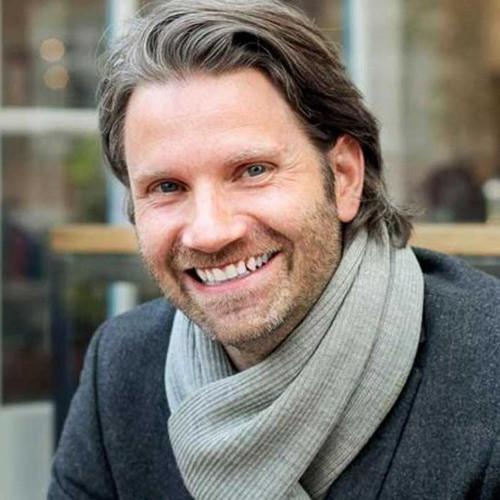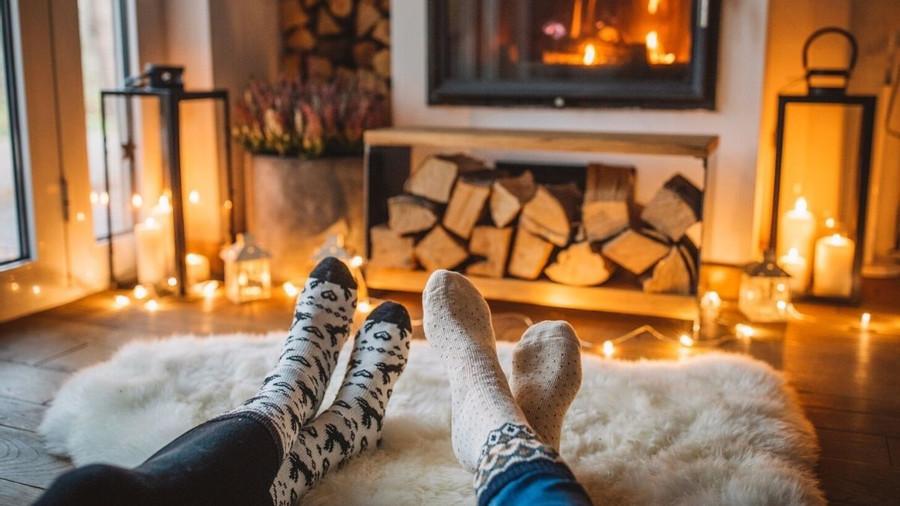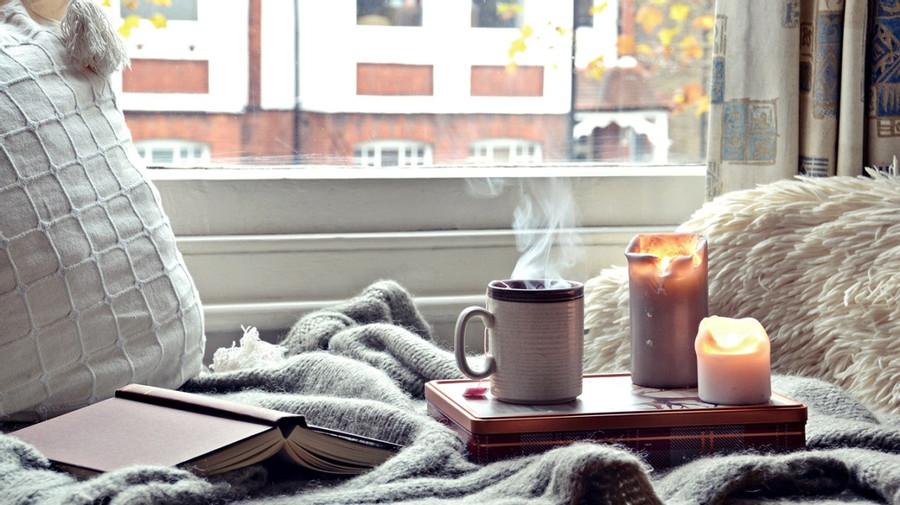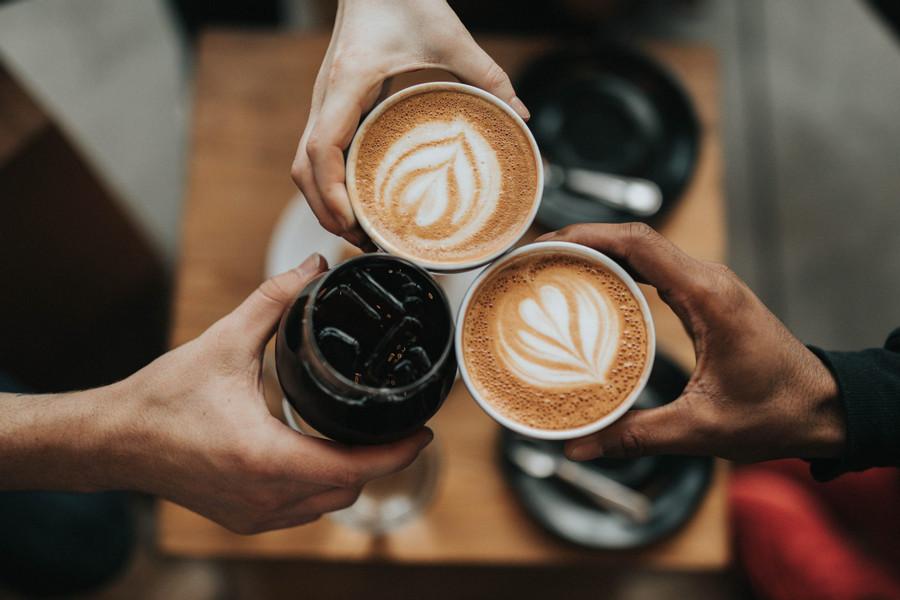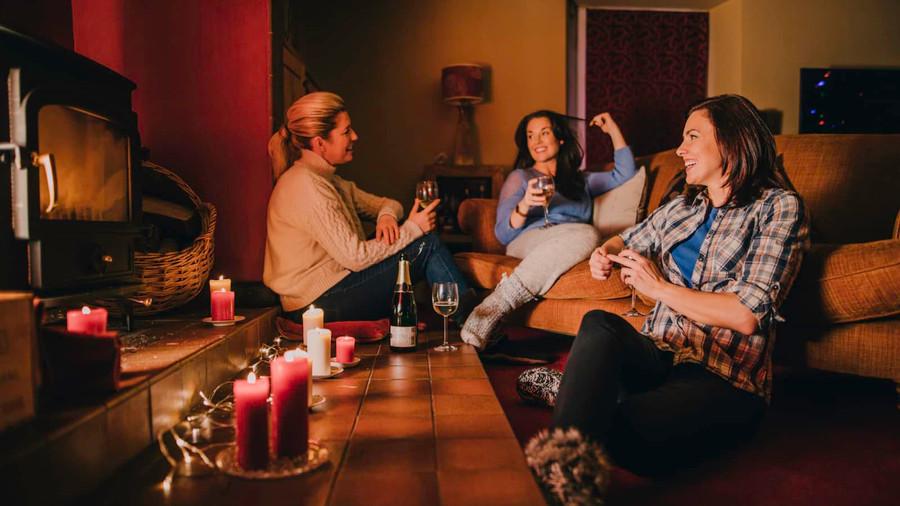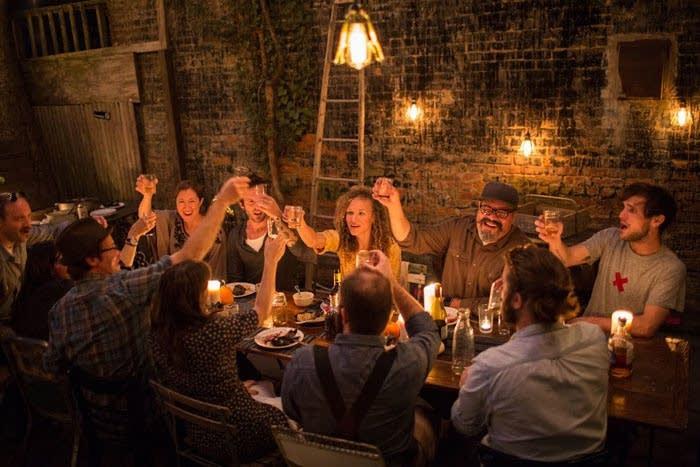Alexander Lee's Key Ideas from The Little Book of Hygge
by Meik Wiking
Ideas, facts & insights covering these topics:
13 ideas
·62.6K reads
269
13
Explore the World's Best Ideas
Join today and uncover 100+ curated journeys from 50+ topics. Unlock access to our mobile app with extensive features.
Hygge is about an atmosphere and an experience, rather than about things. It is about being with the people we love. A feeling of home. A feeling that we are safe, that we are shielded from the world and allow ourselves to let our guard down.
MEIK WIKING
680
8.97K reads
Hygge has been called everything from “the art of creating intimacy,” “coziness of the soul,” and “the absence of annoyance,” to “taking pleasure from the presence of soothing things,” “cozy togetherness,” and my personal favorite, “cocoa by candlelight”.
MEIK WIKING
627
7.31K reads
Hygge: the pursuit of everyday happiness
Hygge is the pursuit of everyday happiness – it's about finding joy in the experience of each and every day. It's about finding an appreciation for the small things that add huge value to our lives.
This appreciation manifests itself in Danish culture because hygge is also about togetherness and sharing. While you can experience hygge by yourself, the Danes put a lot of emphasis on spending time in intimate groups. The core ideas are around well-being, coziness, warmth, safety, intimacy, and gratitude.
692
6.17K reads
The etymology of the word “hygge”
- Its earliest written roots go back to an old Norwegian word meaning “wellbeing” and date to the early 1800s. Other possible origins might be variants of the words “hug,” another old Norwegian term for “comfort” and another for “mood.”
- While most modern interpretations have settled on “coziness” as an appropriate translation, this not quite gets the point either.
- Hygge has been described in several ways: 'the art of being consciously cozy,' 'a hug without touching,' 'socializing for introverts,' 'cocoa by candlelight.' Anything annoying or invasive is the antithesis of "hygge."
629
5.24K reads
Hygge is a lot about the atmosphere
You’ll need to make a conscious effort to create the right environment.
Feeling at home requires a homey place, so unless you create one, you’ll have a hard time getting into the right mood. It’s why the Danish are obsessed with candles, lighting and lamp design, and natural elements like wood in interior design.
Fun fact: At 6 kg or 13 lbs of candles burned per person per year, the Danes are Europe’s number one candlelight junkies. They also have almost 2 rooms per person in the living space.
641
4.79K reads
Some things that promote hygge at home
- Dimly, but sufficiently lit rooms.
- Candles, scented or unscented.
- Beautifully designed, sleek lamps.
- Wide, open rooms and surfaces.
- A fireplace or a stove.
- Shelves, boards, and other interior design elements made of wood.
- A hyggekrog – a cozy corner specifically designed to snuggle up, enjoy a hot beverage, and read or relax.
738
5.08K reads
Hygge isn't an aesthetic
- Where people often misinterpret it, is that it's not about consumerism or commodification.
- Hygge is all about a spirit of sharing, togetherness, and equality. Social media influencers, Pinterest users, and YouTubers have taken to hygge in a massive way, and it's lost a lot of its original ethos.
- Hygge is for everyone, it's not a design scheme, and it shouldn't necessarily come with a hefty price tag.
591
4.19K reads
Sound and silence
When creating a cozy and welcoming experience, we need to consider the impact of both sounds and silence. Sound affects how we relate to the space around us, and it can be very distracting – particularly if it's a manufactured sound.
Whether you choose to experience hygge alone, or with other people, it's crucial to practice mindfulness and "be in the here and now." Since hygge is about enjoying what's around us, living in the moment, and being free of distractions, it means that technology should be switched off and ignored.
610
3.68K reads
Embracing small and indulgent pleasures
The Danish philosophy seems to be that if you genuinely enjoy eating something, then you can delight in cakes, cookies, cheese, coffee, and so on. The idea here is that life is about enjoying pleasures, and not feeling without or restricted.
In many other cultures, mindful eating isn't practiced as often as it should be, and instant gratification results in consuming without enjoyment. The hygge philosophy is to celebrate indulgent treats, to share them, and experience them slowly. Savor the moment. And don't rush what you're putting into your body.
639
3.61K reads
The Danish coffee shop is at the heart of hygge
In fact, they have a word called kaffe-hygge. By bringing together lighting, atmosphere, warmth, beverages, and delicious homemade treats, the simple act of meeting a friend for coffee can be intensely hygge-like.
However, kaffe-hygge also brings together the idea of good quality and ethically sourced ingredients.
581
3.68K reads
Hygge isn't about large crowds; it's about intimacy
- Hygge embraces nostalgia and capturing those beautiful memories and moments.
- However, hygge isn't just about the significant events like Christmas, birthdays, and so on. Hygge is about making the everyday something to celebrate. The Danish mentality is that exercising gratitude and being thankful is part of every meal.
- Family dinner isn't just about sharing a meal with relatives – it's about acknowledging that family comes in many forms. We form kinship through storytelling and creating memories. Relationships are continually being built upon, so never take that family meal for granted.
613
3.3K reads
Spending time with loved ones
The difference between Denmark and the rest of Europe may be attributed to their time spent interacting with their communities because Danes leave work early whereas most Europeans stay at work until 5:30 p.m., leaving no time for after-work gatherings or family dinners due to long hours at the office.
It isn’t surprising that hygge (the Danish way of creating intimacy) involves spending time with loved ones since touching others makes us feel warm and secure by releasing oxytocin into our bloodstreams, which causes bonding feelings between parents and children.
582
3.26K reads
The sense of community
Ethics, equality, fairness, and organic are some of the other words you're likely to find in the hygge lexicon.
The Danes pay high taxes, but you'll seldom hear them grumble about this. Despite the high taxation, Denmark is a very equitable country, and the taxes are used on free quality education, free healthcare, excellent infrastructure, an efficient transport system, and an abundance of cultural and recreational facilities.
The mindset of the Danish population is that community is paramount. Whereas other countries adopt a singular, and "me" attitude, the Danes are all about the collective "
620
3.31K reads
IDEAS CURATED BY
Alexander Lee's ideas are part of this journey:
Learn more about motivationandinspiration with this collection
The power of gratitude and positive thinking
Ways to improve your mood
Simple daily habits for a happier life
Related collections
Discover Key Ideas from Books on Similar Topics
Read & Learn
20x Faster
without
deepstash
with
deepstash
with
deepstash
Personalized microlearning
—
100+ Learning Journeys
—
Access to 200,000+ ideas
—
Access to the mobile app
—
Unlimited idea saving
—
—
Unlimited history
—
—
Unlimited listening to ideas
—
—
Downloading & offline access
—
—
Supercharge your mind with one idea per day
Enter your email and spend 1 minute every day to learn something new.
I agree to receive email updates
